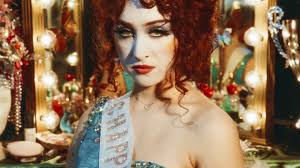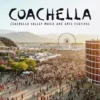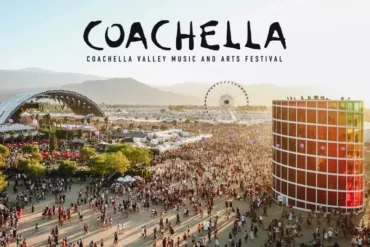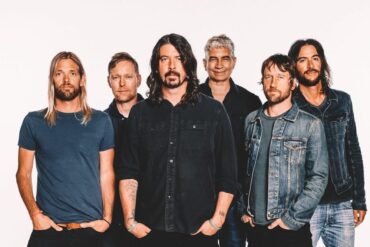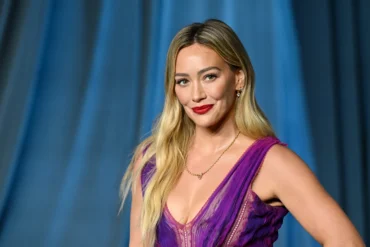“Industry plant,” is a label that has been used to characterize a number of artists in recent years. Artists such as Billie Eilish, Post Malone, and Lizzo have all been accused of being industry plants. The term originally implied that self-proclaimed self made artists were, in reality, extremely supported by their labels and the music industry. Fans who believed they discovered a hard-working solo artist were shocked to find the support coming from behind the scenes. However, in recent times, the general public has begun to use the term “industry plants,” to describe artists with viral songs.
Before the rise of social media, music listeners learned of artists through the radio and word of mouth. Now, it is imperative for music artists to broadcast their songs on a plethora of media, more specifically TikTok. It’s rare for a music artist to have zero social media presence as artists hope to be discovered. Although there can be social ridicule associated with discovering artists on social media, the majority of fans find new music through trends, edits, and friends.
These viral songs increase in popularity for the length of the trend, which can be a few days or weeks. Soon, discourse floods the timeline and artists are labeled as “industry plants.” Recently, artist Chappell Roan and the rock band, The Last Dinner Party, have become victims to the label. But are industry plants just another way for people to express their distaste for an overplayed song or an earworm?
Everyone has experienced hearing the same song in the car, in a store, and at school on the same day. It can be maddening, yet, it was unlikely for someone to label the artist an industry plant. With the rise of social media, people gain more access to the artists as a whole. The artist’s physical appearance, interviews, music, and participating in the latest gossip; are available across multiple platforms. The rising issue of overexposure is disliking one song can lead to hating the artist.
In 2017, Chappell Roan released her first EP, School Nights. An entire six years before her most notable album, The Rise and Fall of a Midwest Princess, which was released on September 22, 2023. This release proves that Chappell had been producing music long before her shot into fame. Songs such as “Hot to Go,” “Pink Pony Club,” “Good Luck, Babe,” and “Redwine Supernova,” all went viral. However, Chappell’s first appearance on the Billboard Top 100 did not appear until April 20, 2024. Can Chappell still be labeled as an industry plant?
Chappell, like many artists, has created music for years, but became an overnight sensation. Should those who have worked for years feel guilt about their viral song or being picked up by a label? The term appears to have lost its original meaning and others may argue that it does not matter if an artist is an industry plant or not, it matters how entertaining they find the music.
